 W
WJorge Enrique Adoum خورخي انريكي قَدُّوم was an Ecuadorian writer, poet, politician, and diplomat. He was one of the major exponents of Latin American poetry. His work received such prestigious awards as the first Casa de las Américas Prize in Cuba, the most important honor in Latin American letters. Though hailed by Nobel Prize winner Pablo Neruda as the best poet of his generation in Latin America, Adoum’s work is unknown in the English-speaking world.
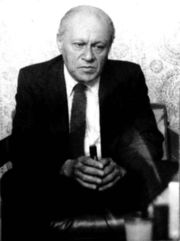 W
WDemetrio Aguilera Malta was an Ecuadorian writer, director, painter, and diplomat. He was a member of the Guayaquil Group of the 1930s, who used social realism in their writings. He used magical realism in his masterpiece Siete lunas y siete serpientes (1970), which was translated into English as Seven Serpents and Seven Moons by Gregory Rabassa in 1979.
 W
WRaúl Andrade Moscoso was an Ecuadorian journalist and playwright.
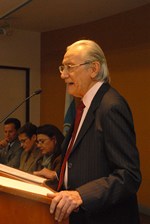 W
WSergio Román Armendáriz is an Ecuadorian poet, playwright, and university teacher.
 W
WAntonio María Vicente Narciso Borrero y Cortázar was Vice President of Ecuador from 1863 to 1864, and President from 9 December 1875 to 18 December 1876.
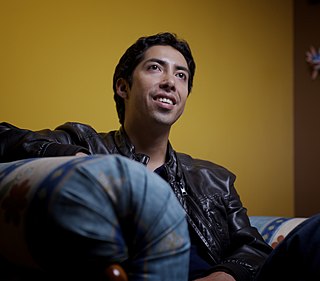 W
WJorge Luis Cáceres is an Ecuadorian writer, editor, and anthologist.
 W
WEliécer Cárdenas Espinosa is an Ecuadorian novelist.
 W
WJorge Carrera Andrade was an Ecuadorian poet, historian, author, and diplomat during the 20th century. He was born in Quito, Ecuador in 1902. He died in 1978. During his life and after his death he has been recognized with Jorge Luis Borges, Vicente Huidobro, Gabriela Mistral, Pablo Neruda, Octavio Paz and Cesar Vallejo as one of the most important Latin American poets of the twentieth century.
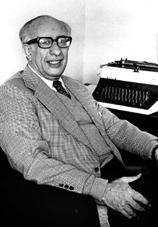 W
WAlejandro Carrión Aguirre was a poet, novelist and journalist. He wrote the novel La espina (1959), the short story book La manzana dañada (1983), and numerous poetry books. As a journalist he published many of his articles under the pseudonym "Juan Sin Cielo." In 1956 he founded, along with Pedro Jorge Vera, the political magazine La Calle. He directed the literary magazine Letras del Ecuador. He received the Maria Moors Cabot prize (1961) from the Columbia University Graduate School of Journalism as well as the Ecuadorian National Prize Premio Eugenio Espejo (1981) for his body of work. He was the nephew of Benjamín Carrión and Clodoveo Carrión.
 W
WGabriel Cevallos García was an Ecuadorian writer, historian, professor, and philosopher.
 W
WRafael Vicente Correa Delgado, known internationally as Rafael Correa, is an Ecuadorian politician and economist who served as President of Ecuador from 2007 to 2017. The leader of the PAIS Alliance political movement from its foundation until 2017, Correa is a democratic socialist and his administration focused on the implementation of left-wing policies. Internationally, he served as president pro tempore of the UNASUR.
 W
WLuis Alberto Costales Cazar was an Ecuadorian poet, philosopher, teacher, speaker, historian, farmer and politician.
 W
WJosé de la Cuadra was an Ecuadorian social realist writer, whose short stories are among the most important in Ecuadorian literature.
 W
WAgustin Cueva Davila was an Ecuadorian writer, literary critic, and marxist sociologist.
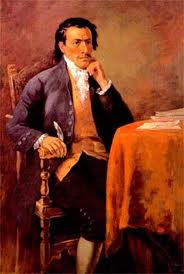 W
WFrancisco Javier Eugenio de Santa Cruz y Espejo was a medical pioneer, writer and lawyer of mestizo origin in colonial Ecuador. Although he was a notable scientist and writer, he stands out as a polemicist who inspired the separatist movement in Quito. He is regarded as one of the most important figures in colonial Ecuador. He was Quito's first journalist and hygienist.
 W
WAurelio Espinosa Pólit was an Ecuadorian writer, poet, literary critic, and university professor. He co-founded the Pontifical Catholic University of Ecuador, and he founded the Aurelio Espinosa Polit Museum and Library in Quito.
 W
WLuis Ramón Félix López was an Ecuadorian doctor, politician and renowned writer who held many senior public positions in his country during his lifetime.
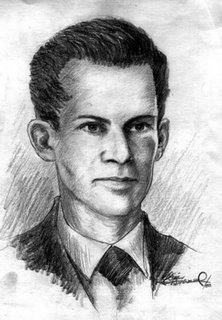 W
WJoaquín Gallegos Lara was an Ecuadorian social realist novelist, short story writer, poet, and essayist.
 W
WEnrique Gil Gilbert was an Ecuadorian novelist, journalist, poet, and a high-ranking member of the Communist Party of Ecuador.
 W
WFederico González Suárez (1844–1917) was an Ecuadorian priest, historian and politician who served as the Archbishop of Quito for twelve years. Prior to becoming the Archbishop of Quito, he served as a senator in the Ecuadorian government in 1894 and then as the Bishop of Ibarra from 1895 to 1905.
 W
WHoracio Hidrovo Velásquez was an Ecuadorian poet, novelist, and short story writer.
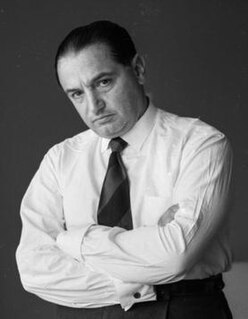 W
WJorge Icaza Coronel, commonly referred to as Jorge Icaza, was a writer from Ecuador, best known for his novel Huasipungo, which brought attention to the exploitation of Ecuador's indigenous people by Ecuadorian whites.
 W
WSalomon Isacovici was a Jewish Holocaust survivor who became a writer and businessman in Ecuador. Born in Romania, he moved to Ecuador following World War II, and co-authored with Juan Manuel Rodriguez the book Man of Ashes.
 W
WIsmael Pérez Pazmiño was founder of El Universo newspaper of Guayaquil, Ecuador, and former senator of El Oro province.
 W
WLuis Alfredo Martínez Holguín was an Ecuadorian writer, painter, politician, and agriculturist. He introduced Realism into Ecuadorian literature. He was an opponent of the government of Eloy Alfaro. He worked in different regions and at various jobs, from the humblest to the most prestigious, and knew about the life of the people, which allowed him to write his masterpiece, A la Costa (1904), one of Ecuador's first realist novels, describing faithfully the social changes taking place in his country in the late nineteenth century.
 W
WJuan León Mera Martínez was an Ecuadorian essayist, novelist, politician and painter. His best-known works are the Ecuadorian National Hymn and the novel Cumandá (1879). Additionally, in his political career, he was a functionary of president Gabriel García Moreno.
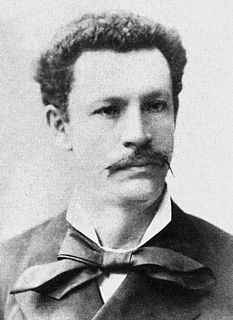 W
WJuan María Montalvo y Fiallos was an Ecuadorian author and essayist.
 W
WAdalberto Ortiz - born Adalberto Ortiz Quiñones was a novelist, poet and diplomat born in Esmeraldas, a province of Ecuador.
 W
WOctavio Cordero Palacios was an Ecuadorian writer, playwright, poet, mathematician, lawyer, professor and inventor.
 W
WRicardo Paredes Romero (1898–1979), was an Ecuadorian doctor, writer, naturalist, social scientist, and politician.
 W
WAlfredo Pareja Diezcanseco — born Alfredo Pareja y Díez Canseco — was a prominent Ecuadorian novelist, essayist, journalist, historian and diplomat. An innovator of the 20th-century Latin American novel, he was a founding member of the literary Grupo de Guayaquil, which brought a new emphasis to realistic novels.
 W
WJulio Pazos Barrera is a poet, writer, teacher, and cook.
 W
WJorge Pérez Concha was an Ecuadorian historian, biographer, writer, and diplomat.
 W
WAlfonso Rumazo González was an Ecuadorian writer, historian, essayist and literary critic.
 W
WHugo Salazar Tamariz was an Ecuador poet, novelist and playwright. His writing is marked by socialist realism.
 W
WJorge Núñez Sánchez was an Ecuadorian writer, historian, and professor.
 W
WFrancisco Tobar Garcia was an Ecuadorian poet, playwright, short story writer, essayist, journalist, literary critic, diplomat and university professor.
 W
WAbdón Ubidia (1944) is an Ecuadorian writer who is considered one of the most representative and relevant voices of modern Ecuadorian literature. He was the 2012 recipient of the Premio Eugenio Espejo in Literature, awarded to him by President Rafael Correa.
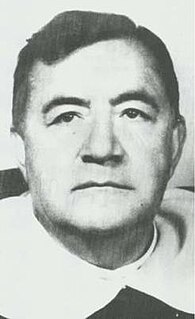 W
WFray José María Vargas Arévalo O.P. (1902–1988) was an Ecuadorian Dominican friar, writer, and historian.
 W
WJavier Vásconez is an Ecuadorian novelist, short story writer, and editor.